Who stands to gain from the fall of Bashar al-Assad?
The implications of Syria falling into the hands of NATO-backed militants, which include ISIS (Daesh) and al-Qaeda, who've perpetrated unspeakable atrocities are manifold.
Who is behind these militias and who stands to gain from the fall of Bashar al-Assad?
The day after the ceasefire with Hezbollah was announced on the 26th of November, Syrian militants launched their offensive. But this was not just an isolated coincidence. Not only were militants attacking Syria from the north, there were two other fronts that were opened at the same time, showing clear coordination.
From the northeast, the so-called Kurdish Syrian Democratic Forces, or SDF, attacked, and from the south, there was a relatively new grouping.
Who are these groups and who is backing them?
First in the north there are two groups. One is the Syrian National Army, the rebranded name for former constituents of the so-called Free Syria Army, a collection of militants, most of which have been supported directly in the past by the US.
Then there is Hayʼat Tahrir al-Sham (HTS), the rebranded name of the Nusra Front, the former al-Qaeda franchise. It is reportedly the strongest and largest militant group currently in Syria.
In the northeast, Kurdish militants of the SDF are a proxy for the US, which is in occupation of the Syrian oil fields in the region. US officials refer to this part of Syria as being 'owned' by the US with its local partner the so-called Syrian Democratic Forces (SDF).
The Southern Operations Room (SOR), a merger of a coalition of Sunni and Druze groups, announced on the sixth of December they were among the first to reach Damascus. According to reports, these militants were once linked to the Jordanian and US intelligence agencies.
The HTS forces are infamously sectarian and barbarically bloodthirsty, and we are already seeing evidence of this.
At a geopolitical level, they are directly helping the Zionists continue the genocide. Let's remember that the Zionists have been undertaking continuous strikes on Syria over the last year. In advance of the ceasefire announcement they carried out further attacks, which are ongoing.
The Zionists themselves are quite open about how useful the alleged uprising is. From an Israeli perspective, the militants advance in northern Syria further isolates Iran and Hezbollah.
According to Avi Melamed, a former Israeli intelligence official and Arab affairs advisor to former prime minister Ehud Olmert , many of the weapons Hezbollah used against Israel in the recent war were transferred to them via Syria.
According to Marco Moreno, a former senior officer in the IOF human intelligence unit 504 , the rapid advance of the HTS and the SNA has been enabled by Israeli strikes against resistance groups that support the Syrian government.
Moreno claims that ongoing Israeli pressure, coupled with the militants offensive, weakens the axis of resistance and challenges Iran.
The role played by Israel, United States and Turkey
The extraordinary speed with which the Assad government fell begs all sorts of questions about what happened and the significance of the events.
It is no surprise that Israel, the US and other supporters of Western power should celebrate, but the significant outpouring of positive sentiment from Muslims was perhaps more surprising.
The failure to appreciate the geopolitics of it all and to apparently blindly accept the victory of Takfiri terrorists is disturbing for those who see the importance of Muslim unity.
The apparent support for the so-called revolution in sections of the Muslim community in the UK and elsewhere is an indication of the success of propaganda and misinformation, much of it from the West and the Zionist entity.
Despite myriad assertions to the contrary, it is not true that the Palestinian armed factions opposed Assad.
With the exception of the Hamas political bureau between 2012 and 2021, every Palestinian resistance faction supported Assad. They knew better than anyone how much their supply of weapons and other equipment depended on Assad's support.
Conversely it’s also true that Bashar al-Assad was made repeated offers by King Abdullah of Saudi Arabia and others of huge sums and personal benefits if he gave up on Palestine and Lebanon and cut ties with the resistance, which he refused.
Even up until the last days of his rule, the UAE's president Mohammed bin Zayed made Assad an offer on behalf of the US to cut ties with the Axis of Resistance in return for the US keeping him in power.
Once again, he refused.
He was made such offers because Syria was the backbone of Palestine and the Lebanese resistance, without which both will find it very difficult to recover.
From a logistical perspective, the arms, money and intelligence that are essential to fighting guerrilla warfare on a serious scale requires state support, and Syria, under Assad, was the land bridge for all of those supplies reaching Lebanon and Palestine.
Dec. 18: ‘Axis of Resistance’ operations against Israeli occupation
Israeli warplanes raid ‘civilian facilities’ across Yemen
Iran, Egypt FMs call for regional cooperation, urgent support for Palestine
The fall of Bashar Assad
VIDEO | Al-Quds Committee in Amman honors memory of martyred journalist Iman Al-Shanti
VIDEO | Press TV's news headlines
VIDEO | Syria’s economy
VIDEO | Israel exceptionalism under US law




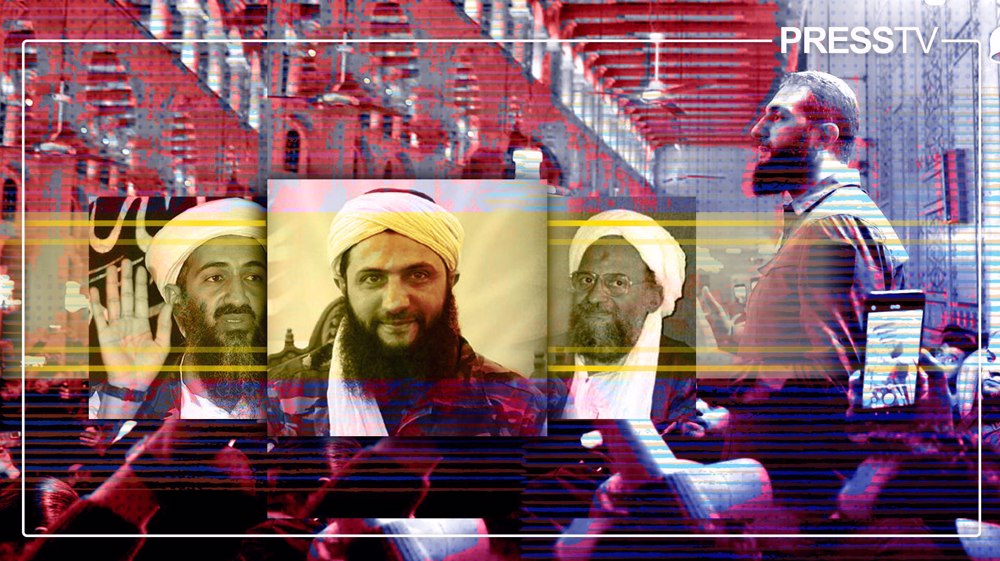

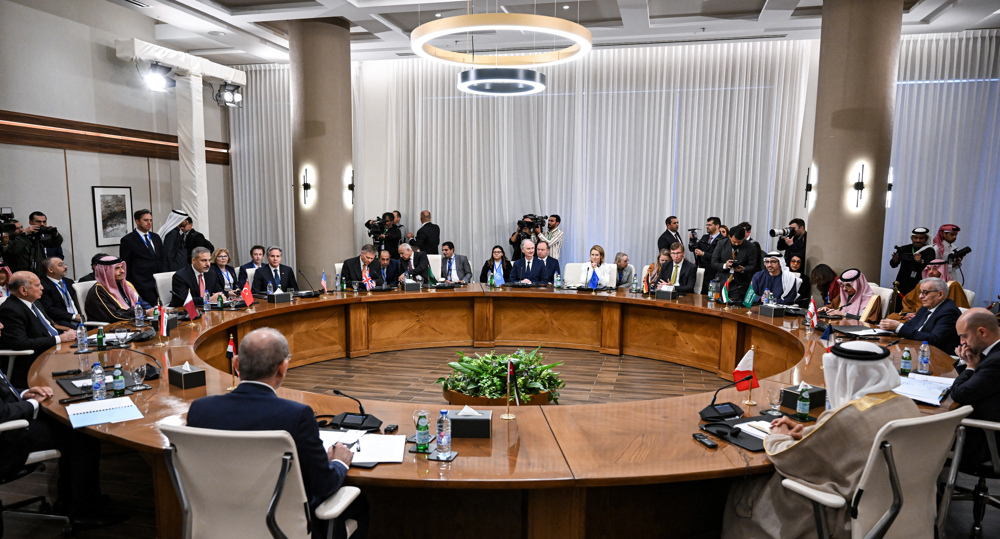




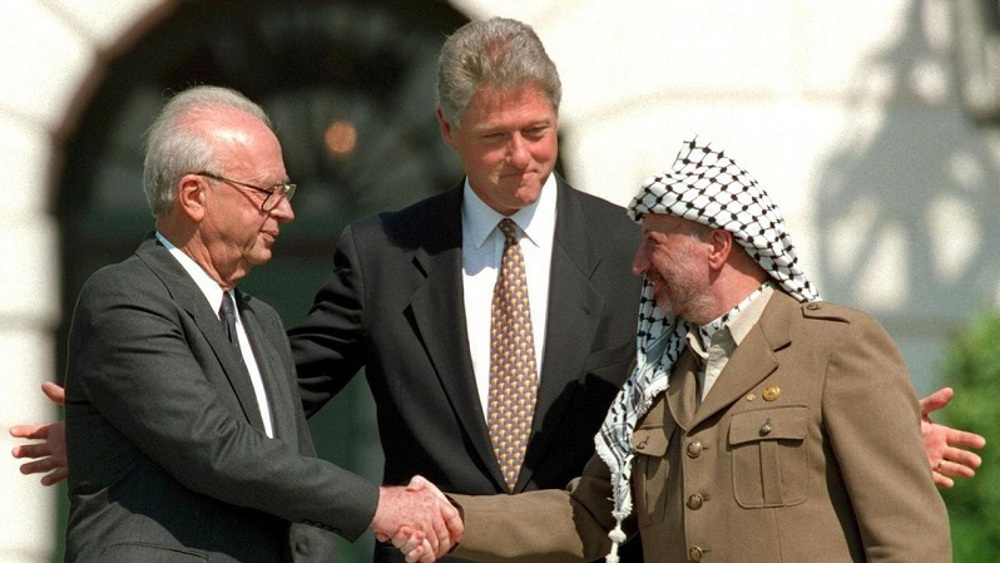










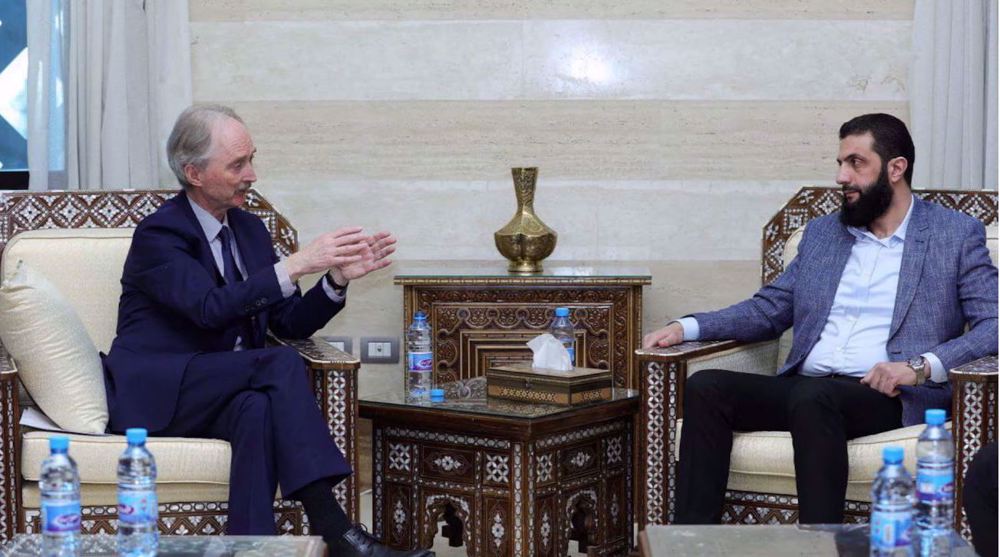
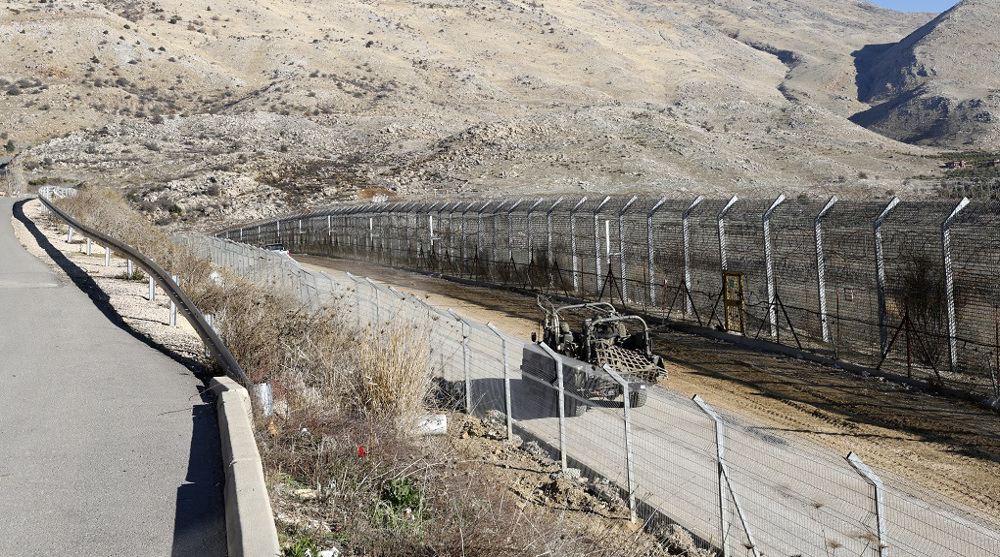

 This makes it easy to access the Press TV website
This makes it easy to access the Press TV website